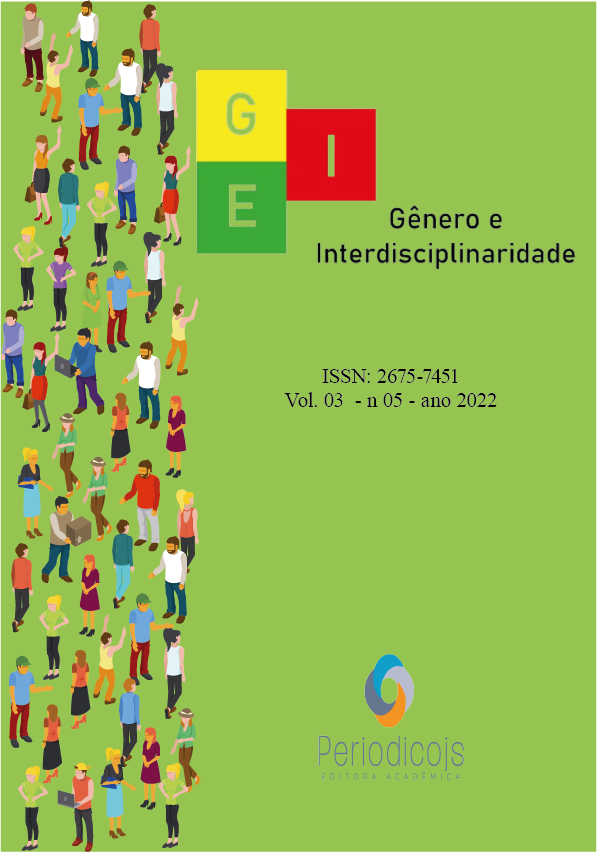Abstract
This article aims to understand the role of playfulness in the Elementary School classroom - Final Years, in Bom Jesus da Lapa - Bahia, in the public educational context and has as a way of collaborating for the student’s development in the teaching and learning process. learning language skills in English, as well as offering teachers pedagogical training on the use of games and recreational activities as a tool that facilitates creativity and interest in building knowledge of a new language. Based on a bibliographic research, we used the following authors as theoretical frameworks: Kishimoto (2011), Nicholls (2001), Feijó (1992), Santos (2006). The methodology used was action research developed at Escola Municipalizada Edivaldo Boaventura. Data were collected through semi-structured questionnaires with applied questions, and interpreted, in the light of systematized theoretical approaches. The research results showed a favorable acceptance of the playful methodology in the final years, due to the consensus that was presented through the games, where the student not only has fun, but also fully develops their potential.
References
BRASIL Ministério da Educação e do Desporto Secretaria de Educação Fundamental. Parâmetros curriculares nacionais (PCN): terceiro e quarto ciclos do ensino fundamental: língua estrangeira. Brasília: Ministério da Educação e do Desporto, 1998.
BRASIL. Ministério da Educação e Secretaria de Educação Média e Tecnológica. Parâmetros curriculares nacionais, códigos e suas tecnologias. Língua estrangeira moderna. Brasília: MEC, 1999.
HUIZINGA, Johan. Homo ludens: o jogo como elemento da cultura. SP: Perspectiva, 2004.
KISHIMOTO, Tizuko M. Jogo, brinquedo, brincadeira e a educação. 14ª ed. São Paulo: Cortez, 2001.
LEFFA, Vilson J. O ensino de línguas estrangeiras no contexto nacional. Contexturas, APLIESP, n. 4, p. 13-24, 1999.
LUCKESI, Cipriano Carlos. Educação, Ludicidade e Prevenção das Neuroses Futuras: uma proposta pedagógica a partir da Biossíntese. In: LUCKESI, Cipriano (Org.). Ludopedagogia. Salvador: EDUFB
NICHOLLS, S. M. Aspectos pedagógicos e metodológicos do ensino de inglês. Maceió: Ed. da UFAL, 2001. A, 2005. p. 9-44.
SANDIN ESTEBAN, M. P. Pesquisa qualitativa em educação: fundamentos e tradições. Porto Alegre: Artmed, 2010.
SANTOS, Santa Marli Pires dos (org). O lúdico na formação do educador. 6 ed. Petrópolis: Vozes, 2007
TELLES, João Antonio. A trajetória narrativa: histórias sobre a prática pedagógica e a formação do professor de línguas. In: GIMENEZ, Telma. Trajetórias na formação de professores de línguas. Londrina: EDUEL, 2002. p.15





